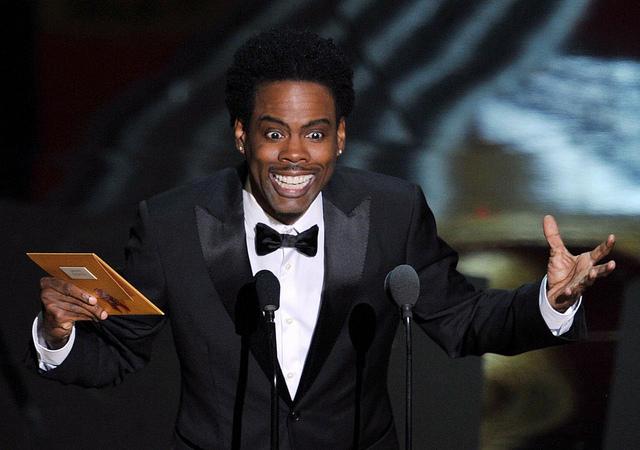Everything seemed to be going so well for the possibility of a diverse Oscars Awards Ceremony this year. Among the good signs were Chris Rock as host, a diverse range of presenters and a good amount of LGBTQ representation at the Golden Globes.
And then, on nomination day, everything went wrong.
Like last year, every single acting nominee is white. While typical for the academy, this white-washing has already prompted boycotts as prominent African American filmmaker and civil rights activist Spike Lee has announced he will not be attending or viewing the Oscars. Actress and comedienne Jada Pinkett Smith declared on Twitter she will be joining him.
“People can only treat us in the way in which we allow. With much respect in the midst of deep disappointment,” Smith wrote.
Even the host, Chris Rock, chimed in calling the awards ceremony “the white BET awards.” It is worth noting that Rock’s ribbing has prompted speculation that he might jump ship from his position as host.
In addition to boycotts, this white-washing has been harmful as it means Idris Elba was snubbed for his excellent performance in “Beasts of No Nation.” Those nominated over Elba for best supporting actor include Christian Bale (“The Big Short”) and Mark Ruffalo (“Spotlight”). Ruffalo should win, but not nominating Elba for his magnificent portrayal of a truly reprehensible African warlord is inexcusable.
Speaking of inexcusable oversights, the lack of Best Picture nominations for any of the major LGBTQ films, including “Carol,” “The Danish Girl” or “Grandma,” does not make any sense, especially in lieu of a nomination for the good but not great “Bridge of Spies.” Of the three, “Carol” is the most surprising, considering that both Cate Blanchett and Rooney Mara were nominated for their performances. “Grandma” was a long shot, but its lack of any recognition seems ridiculous nonetheless.
Lily Tomlin getting passed over for Jennifer Lawrence was also a poor choice, but since Lawrence’s performance was the only memorable part of David O. Russell’s “Joy,” and in light of her Globe win, it was at least understandable.
On the brighter side, the academy is finally coming around to accept the notion that blockbusters can be award-worthy — “Mad Max: Fury Road” was the second-most nominated film, garnering 10 nods.
Unfortunately, none of those nominations were directed towards Charlize Theron’s performance as Furiosa, which was especially frustrating considering Charlotte Rampling was nominated for “45 Years,” a movie that hardly made an impact. They didn’t go so far as to give the “Star Wars” franchise another Best Picture nomination, but at least there have been baby steps towards such recognition being possible in the future.
Moviegoers everywhere should appreciate the nomination of “Inside Out” for Best Screenplay, but it also should have been on the Best Picture list. Discounting that, if Pixar’s best film in five years doesn’t win Best Animated Feature, there will probably be riots, especially when looking at the rest of the field.
Contrasting from last year’s animated nominees which shaded toward mass appeal, only two of the five nominated animated films were in wide release last year, including “Inside Out.” The other was “Shaun the Sheep Movie,” a little feature that, while charming, has absolutely no chance of winning.
“Anomalisa,” the latest animated feature from Charlie Kaufman, might have rung a bell for indie fans. But “Inside Out” remains the runaway favorite for this award, especially due to the academy’s past love affair with Disney-Pixar.
It will be yet another disappointing year for diversity in the Oscars. Alejandro G. Iñárritu will probably win Best Director for his stunning work on “The Revenant,” but beyond that, a veritable sea of white people will dominate, per usual.
Between more potential boycotts, tension with the host and the chance at some redemption by picking the right choices out of their narrow nominees, this Oscars season promises to be a wild ride.


